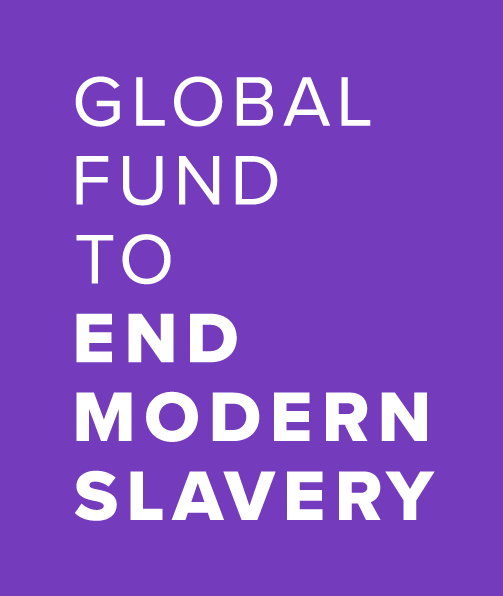Since the early 1990s, the disability rights movement has rallied behind the slogan: “Nothing about us without us!”
What does that mean? It means that people who are impacted by an issue are most likely to know what they need and what kinds of supports would help them. It also means that people who are impacted by an issue are most likely to know whether a program or service is helpful, and how it might be improved.
A number of assumptions have informed typical approaches to lived experience leadership in the anti-trafficking sector.
- People with lived experience need or can be expected to tell their stories to be lived experience leaders.
- Increasing lived experience leadership is about having representation in the movement.
- People with lived experience do not have (or struggle to learn) skills to do other kinds of movement leadership
OR…
- There are enough people with lived experience working in the movement now and we have arrived at equity.
- Having people who work with impacted populations in the room is as good as having people with lived experience.
- We are now in a place where we no longer need people with lived experience in our work.
These assumptions lead to engagement that is tokenizing, limiting, or ineffective. The alternative is to foster meaningful engagement of people with lived experience of human trafficking.
Meaningful engagement means ensuring that people who are or have been impacted by an issue are involved in developing, implementing, and evaluating the effectiveness of strategies to address the issue. On an individual level, this approach requires professionals in the field (including those with lived experience) to decenter their own identities and experiences in order to allow the self-determination of the impacted individual engaging in services or advocacy. On an organizational or movement level, this approach requires professionals in the field who do not have lived experience to decenter themselves to make space for genuine movement leadership by people with lived experience, and people with lived experience in the field to always advocate for policies that provide benefit for the greatest number and kind of impacted individuals.
Meaningful engagement of people with lived experience in the anti-trafficking movement begins at the moment you realize someone might be experiencing human trafficking.1 Someone with lived experience doesn’t need to be at any particular stage in their healing to have wisdom and insight about their experiences that you may not have. Without inviting that person to take on any kind of formal leadership position, you can honor their wisdom and feedback by asking: What do you need right now? What would help you feel safer or supported? How can I support you in removing some of the barriers to safety or support?
From that initial point of contact, anti-trafficking organizations can set the tone for respectful relationships with impacted people that foster their self-determination and security while recognizing that ultimately people with lived experience are the experts in their own experiences.

